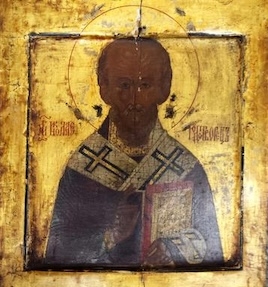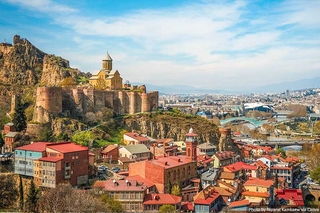All majors write a senior essay (RUSS 4900 or 4910), an independent project carried out under the guidance of a faculty member. The senior essay takes the form of a substantial article, no longer than 13,000 words, excluding footnotes and bibliography. By the end of the junior year, students should declare their general topic and arrange for a faculty adviser, in consultation with the DUS. Students planning to conduct summer research for the senior essay, especially if abroad, should contact the DUS early in the spring semester of the junior year and apply for fellowships.
Students may opt to enroll in both RUSS 4900 and RUSS 4910, but only one of these courses counts toward the major requirements.
Optionally, students may opt to prepare for the senior essay in the term before they enroll in either RUSS 4900 or 4910. In this instance, students submit a proposal to their adviser (up to two pages double spaced) by the first day of the term before they enroll in RUSS 4900 or RUSS 4910. They also submit a draft of at least ten pages, or a detailed outline of the entire essay by the end of the midterm break. Students finalize their essay during the term in which they are enrolled in RUSS 4900 or 4910. The final essay is due ten days before the last day of classes, typically around April 15 for those students graduating in the spring or November 25 for those graduating in December. A member of the faculty other than the adviser grades the essay. Senior essays will be considered for prizes.
Students pursuing two majors need to fulfill the senior requirement of both majors. If the second major allows, students may enroll in both RUSS 4900 and 4910 and write an essay longer than a single-term essay. In this case, students count the second term of the Russian senior essay as their twelfth course in the Russian major.


